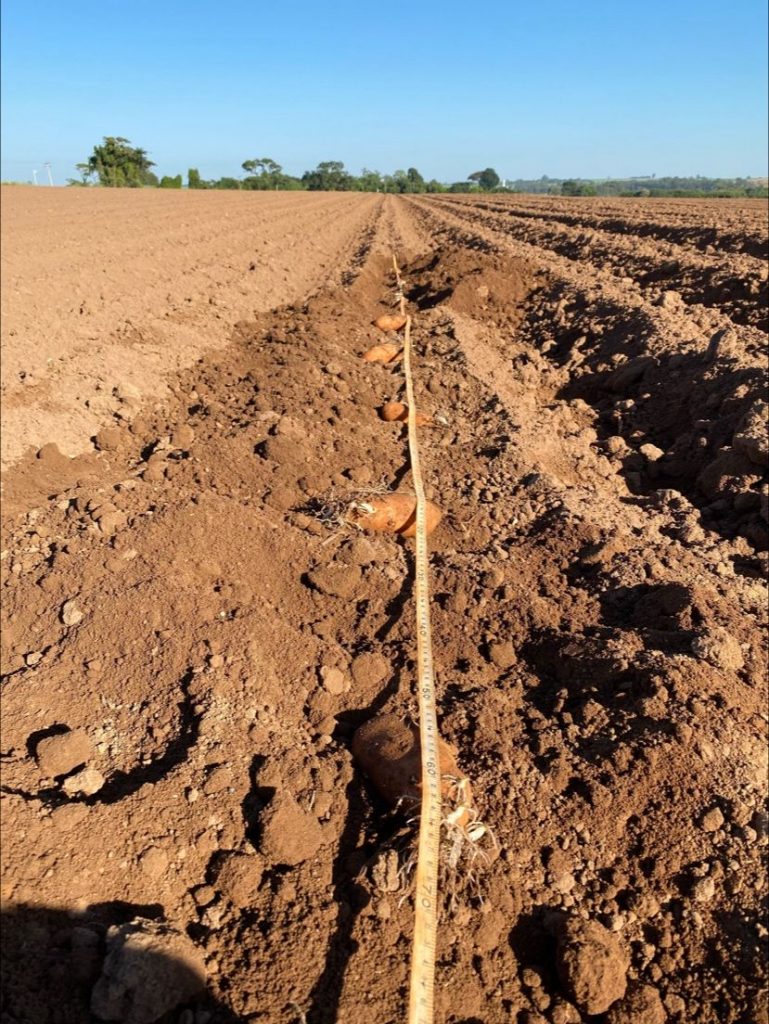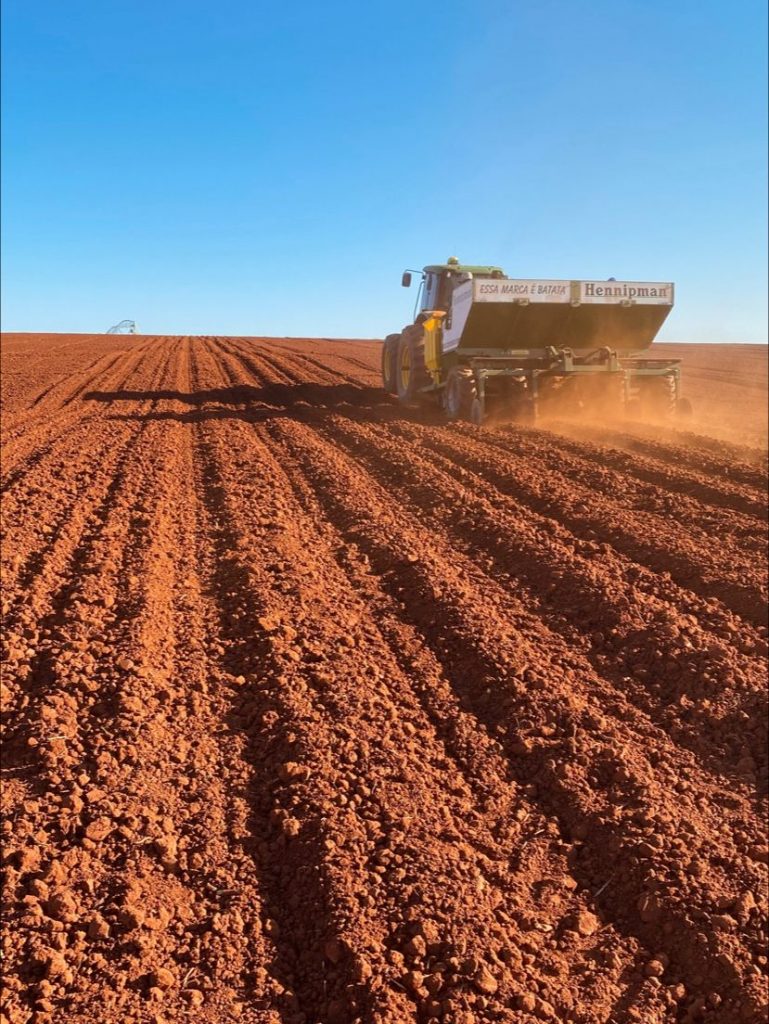Planting potatoes requires meticulous attention to detail to ensure a bountiful harvest. Among the critical factors influencing planting success, seed quality stands out as a cornerstone. According to recent agricultural data, high-quality seeds significantly contribute to crop yield and quality. Research indicates that using certified seeds can increase yields by up to 20%, highlighting the pivotal role of seed selection in achieving agricultural success.
Furthermore, during the planting phase, careful monitoring of equipment and seed deposition rates per meter is imperative. Data from agricultural engineering studies emphasizes the importance of precise seed placement for optimal growth and yield. Ensuring uniform distribution and appropriate seeding depth are key factors in maximizing potato production efficiency.
Another vital aspect of potato cultivation is balanced fertilization. Agricultural research underscores the significance of nutrient balance in enhancing crop quality and yield. Imbalances in essential nutrients can lead to decreased dry matter content and an increase in reducing sugars, adversely affecting the quality of raw materials for processing. By adopting tailored fertilization strategies based on soil analysis and crop requirements, farmers can optimize nutrient uptake and improve overall harvest quality.




In conclusion, conducting thorough assessments during the potato planting process is paramount for achieving a successful harvest. By prioritizing seed quality, equipment maintenance, and nutrient management, farmers can lay a solid foundation for a productive growing season and ensure high-quality potato yields for processing and consumption.







